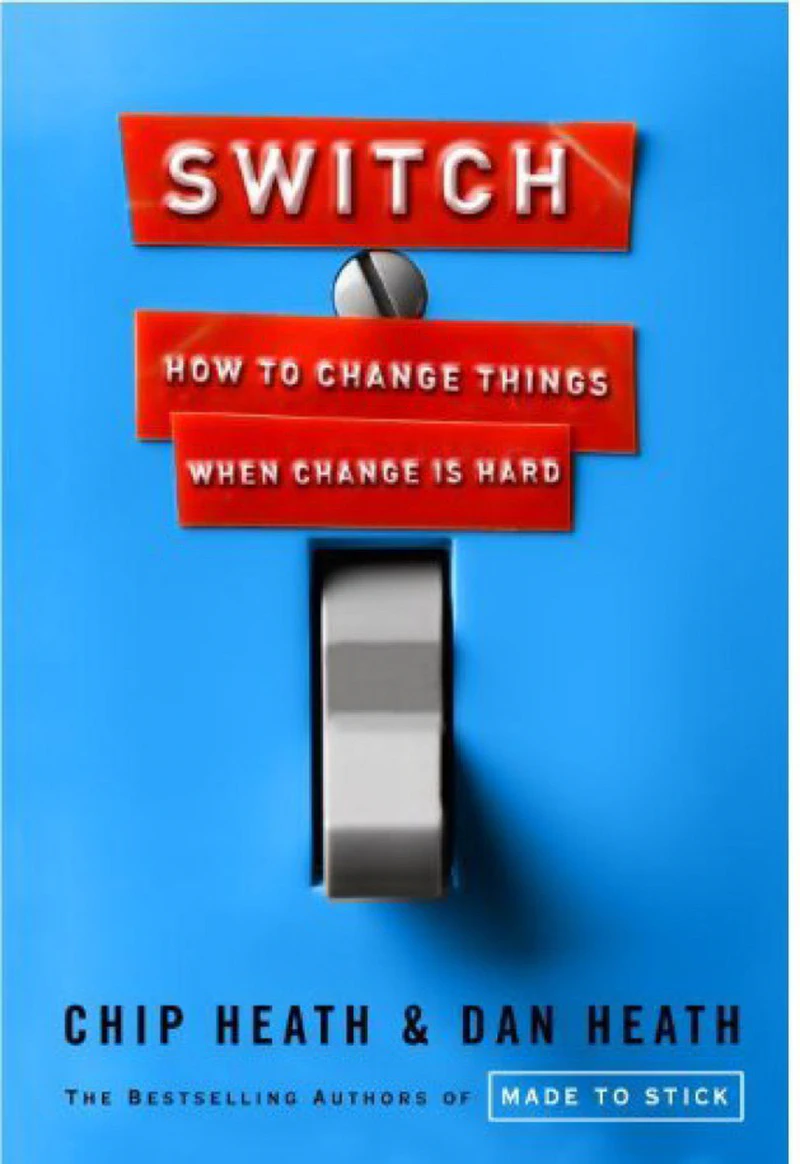Here is some time now that I’ve been questioning the notion of “culture hacking”. A difficult expression to translate under which I personally place this action of diverting, hacking, an organization’s culture to make it evolve toward another one, which we hope to be better.
If you accompany companies you know the difficulty in making their culture change. You know the efforts -sometimes in vain- of spreading a mindset, agile for example, throughout the entire company, in all its layers, from field operators to management at the “top” of the hierarchy. Typical example: they ask to move the organization to agile, you started with a few teams, and it works. The troubles begin. Since it works, we spread more and more the “good word”. But what was viable for a time for a company: hosting within it 2 or 3 agile projects, becomes a real repositioning when it comes to going further: HR paths, change of management type, clarification of the structure’s values and goals, etc. Perhaps it’s simply an initial error: this company simply didn’t want to go toward agile but was only following, without thinking, the current trend. On this subject, I now systematically clarify this question: here is what it will imply, are you still in? But even a company willing to embark on such an approach will potentially suffer.
Regarding the challenges currently thrown at us: collaboration instead of hierarchy. Autonomy, empowerment, and even love, let’s say it, the path looks long. And we can clearly see that it’s not practices that will really change something, but the culture (ok practices are the emanation of culture and vice-versa you’ll tell me, perhaps).
How to do it? what path to change a culture?
Or quite simply, to change.
Well here’s where my reflections are. My observations indicate that strong emotions are the source of change.
First it’s a personal experience. I’m going through a period with strong emotions and I observe that they allow me to think differently. Strong emotion allows me to break out of the usual framework of my thinking. I come back here to a strong idea from Damasio’s book, Descartes’error (not very easy nor pleasant to read but some strong ideas) which expresses that reason without emotion is nothing. No reasoning is valid if it doesn’t contain a dose of emotion.
We can therefore imagine that with a strong emotional influx, our reasoning is different (in the good sense of the term). This strong emotional influx allows breaking the too strict framework of our habits and our education. This is what I’ve been able to observe at different moments.
This is also what Dan Heath’s very good book, Switch, deals with. Dan Heath uses a metaphor that works very well: we are an elephant and its rider (the elephant driver). The rider responds to logical reasoning, to clear information, he is cerebral, he wants to know why & how. The elephant responds to its instinct, to its emotions. Both are needed to move forward. The rider is powerless if the elephant refuses to move in a direction. Today I estimate that the share of emotion is almost equal to the physical disproportion between an elephant and its rider, a human being.

Another example from Switch that really struck me (fall readings), from my memory: a man discovers that his manufacturing company, whose activity requires gloves, buys countless numbers of gloves, some identical, at very different prices. He immediately writes a memo (imagine an excel with a line full of numbers) to his management. They take good note of it and decide that an action will be launched during the next budget vote. He therefore decides to provoke change differently: he invites management to a meeting. He prepares the meeting room by placing on a central desk all the different pairs of gloves purchased by the company, to each he staples its price (to show the differences even for identical pairs). When management enters the room their distress is substantial: things must be changed immediately. This is not sustainable…
Agile workshops or games
They participate in the same mechanism. You can explain all you want that oral explanations have a thousand qualities that written explanations don’t have, it will be hard to go against all these years of education and written word advocacy. Do a workshop/game, allow people to live it, to feel it (an emotion), and to observe the results that they themselves produced (another emotion). There a change is possible (I hear fairly regularly feedback like “never again will I…”).
How to methodically elicit emotion
Such is therefore the question that torments me currently. Beyond games and workshops which have the limitation of often being metaphors outside the workplace. I mean: how to elicit emotion directly within the organization without protecting it with the scenario of a game or a workshop (think back to the story extracted from Switch). How to seize the occasions, the contexts, the interstices to provoke the emotion that will allow people’s reasoning to function temporarily differently and thus open themselves to other options, other paths, etc.
my reflection continues, but if an opportunity to elicit emotion comes by, seize it!